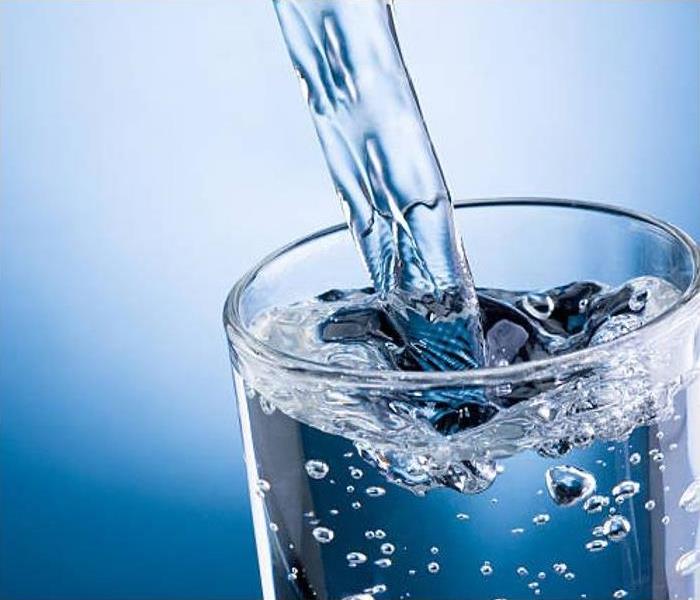Home Water Testing Part 1
8/17/2017 (Permalink)
At SERVPRO of Bend, we receive a lot of questions about the quality of customer's water after they have a water loss. In this two part series, we present Home Water Testing based on the Environmental Protection Agencies suggestions.
Should I Have My Water Tested?
The answer to this question depends on several factors. It concerns your health and the health of your family, so you need to know some basic facts. In addition to illness, a variety of less serious problems such as taste, color, odor and staining of clothes or fixtures are signs of possible water quality problems. Other things to think about include the nearness of your water well to septic systems and the composition of your home’s plumbing materials. This fact sheet provides information to help you decide whether or not to have your water tested, and if so, suggested tests for your situation.
Public Water Systems
When you turn on the tap, where does the water come from? If you pay a water bill, you are purchasing water from a public water system, where your water is monitored, tested and the results reported to the federal, state or tribal drinking water agencies responsible for making sure it meets the National Primary Drinking Water Standards. Your water company must notify you when contaminants are in the water they provide that may cause illness or other problems. Most people in the United States receive water from a community water system that provides its customers with an annual water quality report, also known as a Consumer Confidence Report. Normally, you will receive it with your water bill once a year in July. The report contains information on contaminants found, possible health effects, and the water’s source. If you do not receive a report, contact your water company for this information.
Private Water Supplies
If your drinking water does not come from a public water system, or you get your drinking water from a household well, you alone are responsible for assuring that it is safe. For this reason, routine testing for a few of the most common contaminants is highly recommended. Even if you currently have a safe, pure water supply, regular testing can be valuable because it establishes a record of water quality. This record is helpful in solving any future problems and in obtaining compensation if someone damages your water supply.
For more information, visit www.epa.gov/safewater/lead, or call the Safe Drinking Water Hotline at 1-800-426-4791.

 24/7 Emergency Service
24/7 Emergency Service
